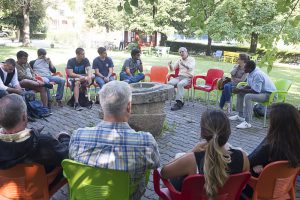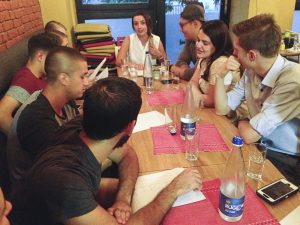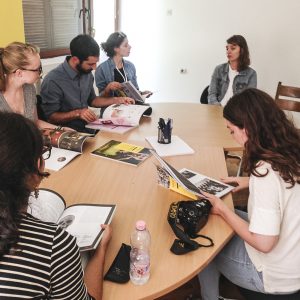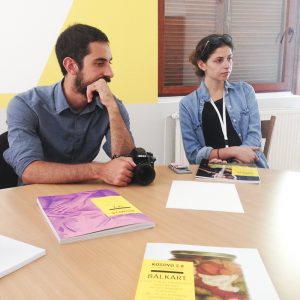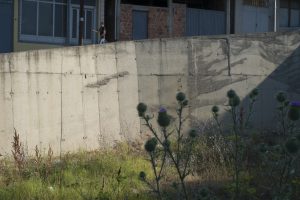Mike’s seminar on July 11 touched on a lot of important topics relating to personal sacrifices and mental health when working on Peace Keeping operations. Being gone a lot and being dedicated to your job can have negative effects on your personal life and distance you from family and friends. During peacekeeping operations, people often see horrific tragedies (200-300 children dying per day in Northern Iraq during Operation Provide Comfort). When these people go home, they often do not have access to the support networks and mental health services they need. Family and friends cannot relate and therefore seem unable to help or even disinterested. There is such a stigma around seeking psychological support services that many people returning from these situations feel ashamed to ask for help or fear consequences for the future of their careers. Mike has worked to make sure others do not have to deal with these issues.
In Meredith’s seminar on July 13, she said that members of the military, humanitarian aid workers, and photojournalists that work in conflict areas all have some similarities. I agree with this, although not completely. I definitely agree that many of these people are ‘adrenaline junkies.’ I also think that many of these people have a strong desire to help others. In addition, all of these people have to see some very tough things in their lives and have to find ways to deal with them.
The lesson that can be drawn from both of these seminars is that it is important to know what your intentions and motivations are before you do something like this, and more importantly, you have to be able to find the support you need when you return. This support can be from a mental health professional, or maybe even better, from someone who has dealt with the same things.
